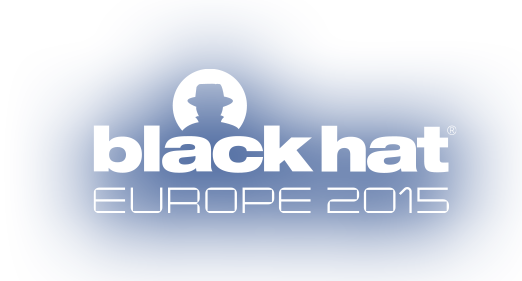Top Russian Banks, Payment Service Providers Targeted By Tinba
Infamous banking Trojan with Eastern European ties now being used to to steal Russian bank account information.
November 3, 2015

Russian financial institutions are the latest victims of the infamous Tinba banking Trojan, including its largest banks and two large Russian payment service providers, researchers at Dell SecureWorks have found.
Tinba, named for its small file size as a "tiny banking Trojan" that's 10 times smaller than other such malware, in August was seen targeting banks in Romania. Researchers at IBM X-Force at the time pointed out that it was rare to see Romania, which is believed to be home to a large cybercrime contingent, targeted by the same malware that plagues nations in the West. Tinba is thought to be the handiwork of Russian cybercriminals.
Tinba's turn against Russian financial institutions follows that very same theme and pattern. "We do see other botnets target Russian [users], but [cybercriminals] usually stay away from Russia [attacks] bedcause the Russian government cracked down on people targeting their own citizens" there, says Brett Stone-Gross, senior security researcher with Dell SecureWorks, which has a policy of not naming actual victim organizations.
Some banking Trojans even automatically check to see if the victim's keyboard and language settings; if it's a Cyrillic keyboard with Russian as the primary languages, the malware would uninstall, for example.
But Russian banks are no longer immune to Tinba: some 35% of the IP addresses recently found sinkholed with Tinba 2.0 were from Russia; 22% from Poland, 7.5% from Indonesia; 6.5% from Spain; 5.6% from Canada; and 5% from Romania, SecureWorks found via Abuse.ch. Tinba 2.0 is being spread via spam email, and exploit kits such as Nuclear, Neutrino, and Angler.
There's not just one Tinba crime group, nor is there a single Tinba botnet like Gameover Zeus's setup. Tinba 2.0 is distributed as a botnet kit, so different cybercrime groups, many out of Eastern Europe, are using it for different targets. "Some are targeting European banks, US banks, or UK banks," Stone-Gross says. One cybercrime group sells the kit to other groups, he says.
Carberp, a banking Trojan that targeted Russian banks in 2013, was a cautionary tale for Russian cybercriminals. The Carberp leader, a Russian national, and several members of the crime ring, were arrested in a law enforcement operation led by Ukrainian and Russian law enforcement agencies.
Since then, the only other major attack campaign hitting Russian banks was Carbanak, an international crime ring based out of Eastern Europe that stole $1 billion from financial institutions worldwide -- with Russia as the hardest hit, researchers at Kaspersky Lab found. The Carbanak operatives, who hailed from Russia, Ukraine, China, and other parts of Europe, used spearphishing emails targeting bank employees at some 100 different banks in 30 countries.
Tinba is no Carbanak, however. Carbanak employed some cyber espionage-like methods, including digitally signing its malware to appear legitimate, and performing some reconnaissance before installing its information-stealing malware. "Tinba was designed to be quite simple ... and very lightweight," Stone-Gross says. "It's not a very sophisticated or advanced piece of malware."
Even in its tiny 25-kilobytes size, it has multiple functions: Tinba can capture data via HTML forms via Web injects in order to grab email logins or other valuable information. "They can monetize it and wire money out of it and sell it through underground forums," for example, he says.
Tinba also is now targeting banks in Japan as well as Canada. Some of Tinba's threat actors target credit card companies, social media sites, and other online payment providers in Europe, North America, and Australia.
Stone-Gross admits it's difficult to know for sure who's behind the Russian attacks. "It's possible it could be Ukrainian citizens, [since] law enforcement there isn't cooperating" with Russia anymore, he says.
 Black Hat Europe returns to the beautiful city of Amsterdam, Netherlands November 12 & 13, 2015. Click here for more information and to register.
Black Hat Europe returns to the beautiful city of Amsterdam, Netherlands November 12 & 13, 2015. Click here for more information and to register.
About the Author
You May Also Like


